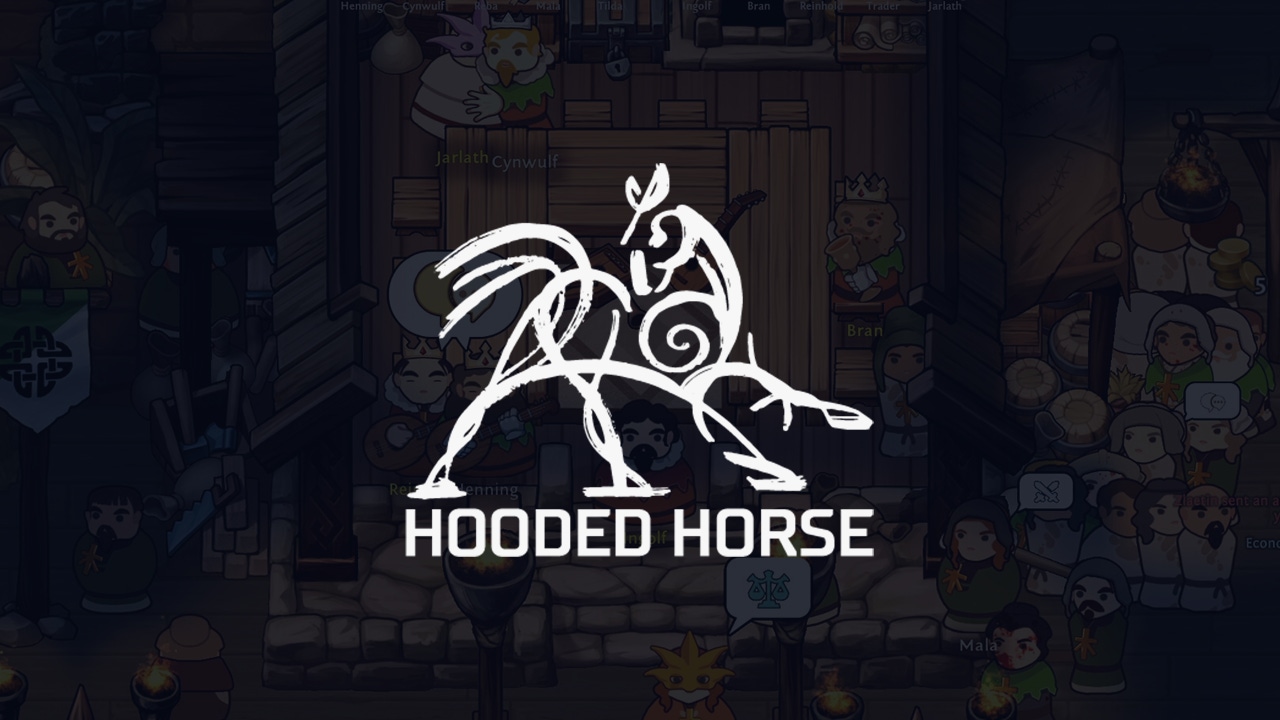Trending
Opinion: How will Project 2025 impact game developers?
The Heritage Foundation's manifesto for the possible next administration could do great harm to many, including large portions of the game development community.

Gamescom 2024 | Read more Gamescom coverage from the Game Developer team right here, including interviews from the show, analysis of leading developer trends, and more.
'I think, especially in a new relationship, there's a bit of coyness.'

There's been a lot of chatter recently about what constitutes a solid publishing deal. Hooded Horse, the publisher behind Manor Lords, has been loudly advocating for better contracts. Earlier this year, co-founder and CEO Tim Bender said publishers should ditch "horrible" recoup clauses to help devs and suggested companies like Hooded Horse should be judged on their failures–not the big hits.
If you can navigate the pitching slalom to eventually secure a publishing deal that's right for you, what comes next? Hooded Horse chief product officer Ashkan Namousi says developers should treat publishers like an open book. As advice goes, it might sound like a no-brainer, but Namousi says developers often fail to make the most of deals because they're perhaps too sheepish.
"The one thing I always would like developers to do is to just ask," he says, speaking to Game Developer at Gamescom 2024. "I think, especially in a new relationship, there's a bit of coyness maybe. A bit of uncertainty and insecurity. That exists in any new relationship, but as a publisher we really think of ourselves as at your service.
"We have developers coming to us and asking completely random questions like 'hey, I've run into this antivirus program issue and I don't know how to handle it.' We can spend five hours researching how to tackle those issues. We have a network we can talk to. A lot of indie developers don't have that network of specialists and partners, so we can open new doors for them."
Namousi says nothing hurts more than watching developers suffer in silence—whether because of practical hurdles or contractual difficulties—purely because they were afraid to reach out and ask for help.
"We have all these capabilities we can offer. I would love to see more braveness. Asking [questions]. Being vulnerable," he continues. So, what should developers be asking? He feels some of the biggest quandaries facing indies include deciding when to staff up, how to expand (should they hire freelancers or full-timers?), and how to manage projects that are ballooning.
Namousi feels publishers can offer "qualitative, situational advice in relation to their growth and how they should attack those issues." He agrees that deciding how, when, and indeed whether or not to scale is perhaps one of the biggest existential questions facing developers in the current climate, so there's no harm in sourcing another opinion.
"There's always this balance of 'should I [scale] before launch? Before I have secured my income. Before I have secured my income or know the sales trajectory of the game.' On the one hand, that's putting the cart before the horse," Namousi continues. He says that plan could work provided success follows, but if it doesn't? Well, you're going to be in a bind.
"That's why I think we can have these conversations—and also to tackle the financial aspects. 'Can [my publisher] help me get money? Can they provide the money for that or not? These are all very situational, complex conversations we should be having."
You can hear more from Namousi and other industry experts in the latest edition of Patch Notes, where we asked how developers can survive beyond 2025 in a fraught market.
You May Also Like